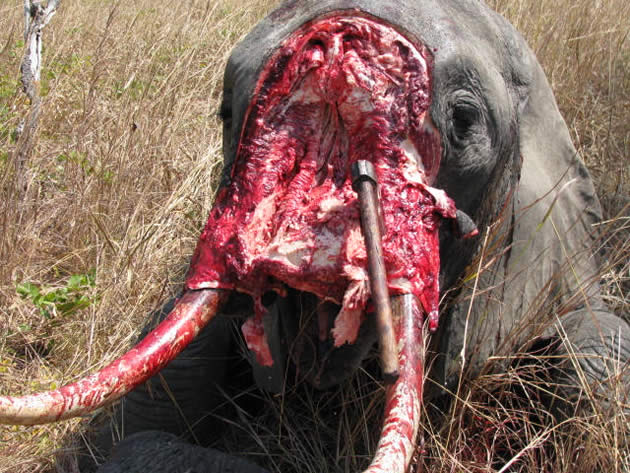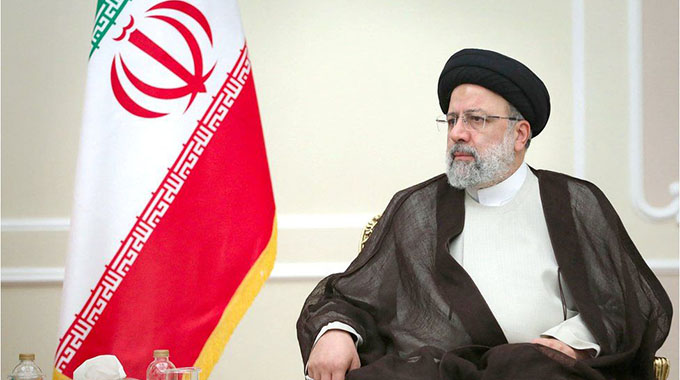Elephant survival tops agenda at Botswana talks

 JOHANNESBURG. — African ministers and experts meet this week in Botswana to chart ways to stamp out a spike in elephant killings fuelled by a growing demand for ivory in Asia.
JOHANNESBURG. — African ministers and experts meet this week in Botswana to chart ways to stamp out a spike in elephant killings fuelled by a growing demand for ivory in Asia.
“Poaching of elephants and associated ivory trafficking remain of grave concern,” said Richard Thomas, spokesman for the animal conservation group Traffic.
The three-day meeting opening today in Gaborone has been organised by the Botswana government and the International Union for Conservation of Nature.
Poaching has risen sharply in Africa in recent years and the illegal ivory trade has tripled since 1998, according to the United Nations Environment Programme.
Large-scale seizures of ivory destined for Asia have more than doubled since 2009 and reached an all-time high in 2011.
The meeting expects to adopt a pact that will commit signatories, including the biggest ivory markets such as China, to demonstrate political will at the highest level in the fight against poaching and ivory trafficking.
IUCN said increasing poaching levels and loss of habitat are threatening the survival of elephants in central Africa as well as in previously secure havens in west, southern and east Africa.
There are less than half a million elephants left in Africa compared with 1.2 million in 1980 and 10 million in 1900.
Poachers are becoming more sophisticated using helicopters and automatic weapons as the price of ivory on the black market shot up tenfold in the past decade to more than US$2 000 per kilogramme.
The Gaborone meeting is a follow-up to the Bangkok talks held in March under the aegis of the Convention on International Trade in Endangered Species of Wild Fauna and Flora (CITES) at which eight countries were accused of failing to do enough to tackle ivory trafficking. Kenya, Tanzania and Uganda as well as transit countries Malaysia, the Philippines and Vietnam, and top markets China and Thailand were identified as making insufficient efforts to curb the trade.
The next CITES meeting takes place in July and will “decide whether the eight countries are to face disciplinary measures,” said IUCN’s global species specialist Lynne Labanne.
All countries have to undertake to work together to curb the slaughter of elephants because “one country cannot fight trafficking alone”, and penalties must be toughened, said Maine Sebogo, head of the global conservation group WWF in Botswana.
“We must go beyond speeches and move on to take concrete action,” said Congolese Minister of Forestry Henri Djombo. There is also a need to take urgent action to protect the elephants in previously safe zones of eastern and southern African countries. — AFP.









Comments